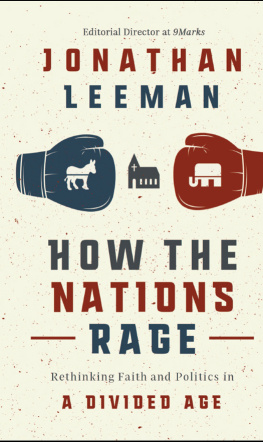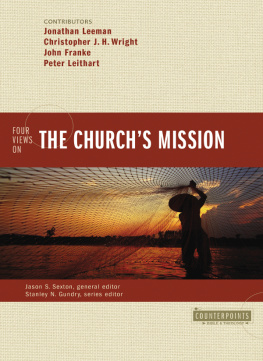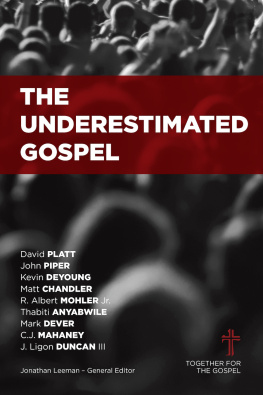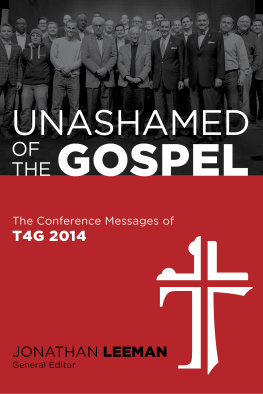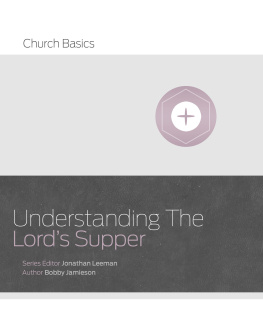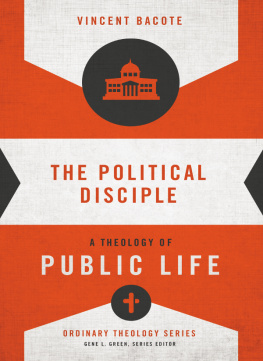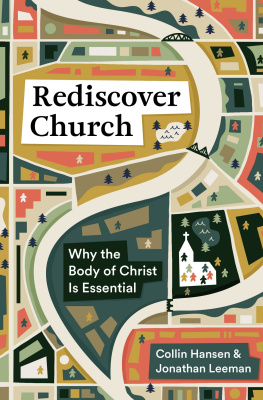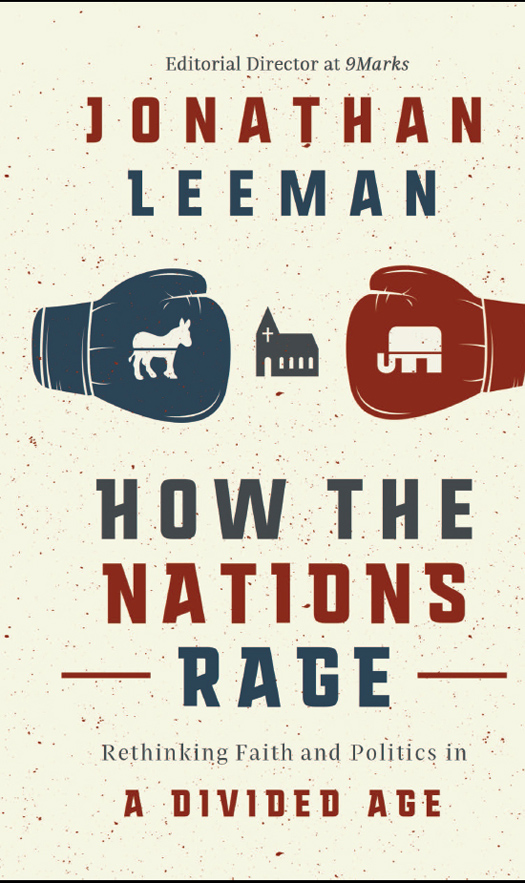Contents
Guide
I am writing this late in the evening on July 4. My daughters are in bed. The sizzle and crackle of fireworks are over. But the music from PBSs coverage of the concert outside the US Capitol building still rings in my ears. The show combined patriotic music, words from well-known American heroes, and photos of iconic American imagesthe Statue of Liberty, the Lincoln Monument, the Grand Canyon, the Golden Gate Bridge, and so on.
O beautiful for spacious skies, for amber waves of grain.
I feel a swell of emotion. Independence Day, for me, brings with it a sense of nostalgia, almost like a birthday does. A birthday evokes memories of childhood. July Fourth evokes memories of, well, how do you describe it? Memories of America? What it is, what it represents, what we want it to be.
I dont recall when I first became conscious of my affection for the United States. Maybe it was amid the glint of sparklers on the Fourth of July as a child, or during an elementary school lesson on Abraham Lincoln, or into my third helping of sweet-potato casserole at Thanksgiving, or while watching a Cubs game at Wrigley Field in high school.
I do remember discovering Walt Whitmans poem I Hear America Singing in college and being enlivened by it.
I hear America singing, the varied carols I hear...
Each singing what belongs to him or her and to none else...
Singing with open mouths their strong melodious songs.
I also remember discovering the American composer Aaron Copland in college. His ballets and orchestral suites inspired thoughts of Appalachian songs, prairie nights, and Western hoedowns. To this day when I hear his music, I can feel a deep yearning for decades Ive only read about and places Ive only seen in black-and-white photographsall deeply American.
These snapshots are some of the symbols of my own love of country. What has been difficult for me over the last decade or two, however, has been to watch a growing divide between America and my Christianity. I might even say the relationship is becoming downright contentious.
CONTENTION AND DIVISION
I was in Southeast Asia several weeks ago spending time with a friend, Michael. Michael is an American missionary, and his family has been absent from the United States for more than a decade. Over dinner one evening we strayed into politics.
I keep up on the news, he said. But whats it really like?
Missionaries are kind of like cultural time capsules. They leave the homeland, and their sense of the homelands trends and styles gets frozen in time. Why are you wearing baggy pleated pants, brother? Its not the 1990s. Keeping up on the news, of course, doesnt give someone a feel for what its like living in the States.
Honestly, its really intense, I said in answer to his question. Theres a lot of division and contention. I then spent several minutes trying to give Michael a feel for that division.
For instance, the political Left and Right used to talk and reason with each other. Now they just shout. When a liberal guest lecturer at the University of Notre Dame was asked if she could find common ground with conservatives on race and gender, she answered, You cannot bring these two worlds together. You must be oppositional. You must fight. For me, its a line in the sand.
Then there was the man who spent $422 million bankrolling the campaign to make same-sex marriage legal in all fifty states. When asked about his plans, he replied, Were going to punish the wicked.
And there was the Harvard law professor who described his posture toward conservatives: The culture wars are over; they lost, we won.... My own judgment is that taking a hard line (You lost, live with it) is better than trying to accommodate the losers.
Its a nasty time. Its a nasty time, concluded the late Supreme Court Justice Antonin Scalia as he thought about the modern climate and recalled how Republican and Democrat powerbrokers fraternized and clinked glasses at Washington, DC, dinner parties in the 1970s and 80s. This doesnt happen anymore. Scalia was elected to the Supreme Court in 1986 by the US Senate in a 980 vote. Todays Supreme Court nominee battles, however, are nearly straight party-line votes.
Scalia made these comments in 2013. Think of whats transpired since: the Supreme Courts legalization of same-sex marriage in the Obergefell case, the legal showdowns between LGBT rights and religious liberty, the explosion of police-brutality videos and the emergence of Black Lives Matter, the sudden prominence of the transgender movement, the rise of the alt-right, the growing divide between globalists and nationalists, and the still-bewildering 2016 elections.
Meanwhile, a conservative lobbying organization in Washington sent out a fundraising e-mail shortly after Donald Trumps election. With all caps and bold-faced warnings, it promised the radical Left wont accept the elections results but will subvert the future. The Left has already violently protested the election with money from Hollywood-Washington elitists. Everyone who loves faith, family, and freedom should therefore watch out for the Lefts massive attempt to DECEIVE, INTIMIDATE, AND SIDETRACK lawmakers. It would try EVERY POLITICAL TRICK IN THE BOOK. But you can fight back and help win the 2017 policy war. So donate now.
Whether or not you agree with this release, consider its language: radical, subvert, violently, deceive, intimidate, fight, war. I asked a friend who works at a similar religious-right organization whether such strident language was typical.
Its the standard vernacular, he said. Its us versus them. Either well take our country back (for God) or they (the progressive liberals) will take over. He also explained, By and large politics is no longer about people participating in a shared project of societal order. There is very little desire to actually persuade. The strategy nowadays is to acquire enough political power to have your way. There may be more groups that are more nuanced and charitable in their language, but groups on the Far Right and Left set the tone on the ground.
In fact, Pew Research shows that Democrats are more left-leaning and Republicans more right-leaning than they were two decades ago. And both increasingly see each other as an existential threat to the nation.
The contentiousness is hardly limited to DC interest groups. Ask Jordanna. Shes twelve. Her parents are Christians, and her father worked for a previous Republican administration. Those two facts alone have made her the butt of jokes and ridicule in her public school. Meanwhile, the teachers and administration increasingly advocate for Gay Pride and other such causes. Shortly after the 2016 elections, Jordannas school (teachers and students) participated in an anti-Trump march. Jordannas parents were not Trump supporters, but they asked if their daughter could be exempted from the march. Permission was granted, but Jordanna became the lone standout. Students bullied. Old friends stopped speaking to her. Why do we have to be so different? she pleaded with her father through tears.
I didnt give Michael all these examples as I laid out how things have grown increasingly divided, but a number of them were fresh in my mind. Its as if we are in a contest between two warring planetsthe Left versus the Right, I said. Or perhaps its more like one planet that has broken into multiple pieces, with guns shooting every which way as the pieces drift apart. Remember that game Asteroids on the old Atari systems from when we were kids? Thats what its like.
One thing is certainly true: America is in the middle of an identity crisis. Ask those wearing the red Make America Great Again ball caps and those holding Black Lives Matter picket signs what unites us, and youll hear pretty different answers.

